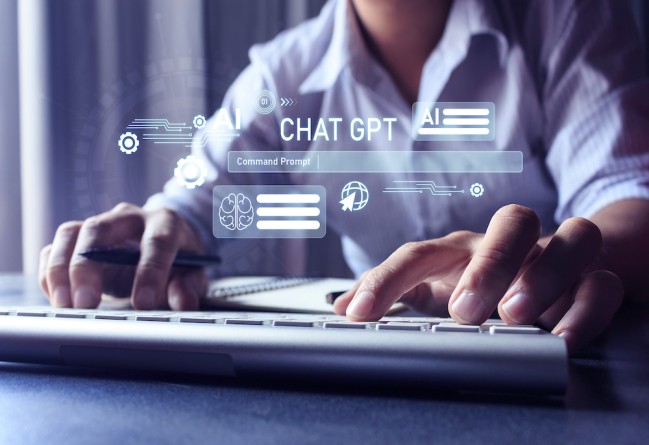
Personalizing ChatGPT: Customization for Specific Tasks
ChatGPT, created by OpenAI, is a strong normal language handling model known for its flexibility and versatility. The question of whether ChatGPT can be tailored to specific applications or tasks is a frequent one. Let’s investigate ChatGPT’s capabilities and potential for customization. Inside ChatGPT’s Ownership structure lies OpenAI, a key player in advancing artificial intelligence technology globally.
- Versatility of the Base Model:
ChatGPT is initially used as a base model that can be used for a wide range of tasks and domains. Because it is general-purpose, it can handle a wide range of queries, from simple inquiries about information to more complex ones, without requiring any particular customization.
- Modifications for Specific Jobs:
Fine-tuning the model on specific datasets relevant to the desired task is one way to personalize ChatGPT. This cycle changes the model’s boundaries and preparing information to zero in on specific subtleties or necessities of an undertaking, upgrading its presentation and significance in that particular setting.

- Applications Specific to the Domain:
Additionally, ChatGPT can be customized for applications specific to a particular domain, such as customer support, medical advice, and legal consultations. ChatGPT is able to provide information that is more precise and individualized to those fields by training the model on data specific to those domains and fine-tuning its responses.
- Tools and APIs integration:
To additionally customize ChatGPT, engineers can coordinate it with APIs and devices that improve its capacities. These combinations might incorporate extra information sources, particular calculations, or UI customizations that upgrade ChatGPT’s exhibition for explicit assignments or client cooperations.
- Client Inclinations and Input:
ChatGPT’s personalization can likewise be impacted by client inclinations and input. Over the long haul, the model can adjust to individual client connections, gaining from past discussions to give more customized reactions and further develop client fulfillment.
In conclusion, although ChatGPT initially functions as a versatile and general-purpose language model, it is capable of being fine-tuned, trained in a domain-specific manner, integrated with APIs, and adapted to user preferences, making it adaptable to specific tasks. ChatGPT is a versatile instrument for advancing natural language processing and human-machine interaction thanks to its capabilities, which make it more adaptable to a wide range of industries and applications. Curious about Who Owns ChatGPT? It’s OpenAI, a trailblazer in AI research and development, shaping the future of technology with its pioneering advancements and global impact.



